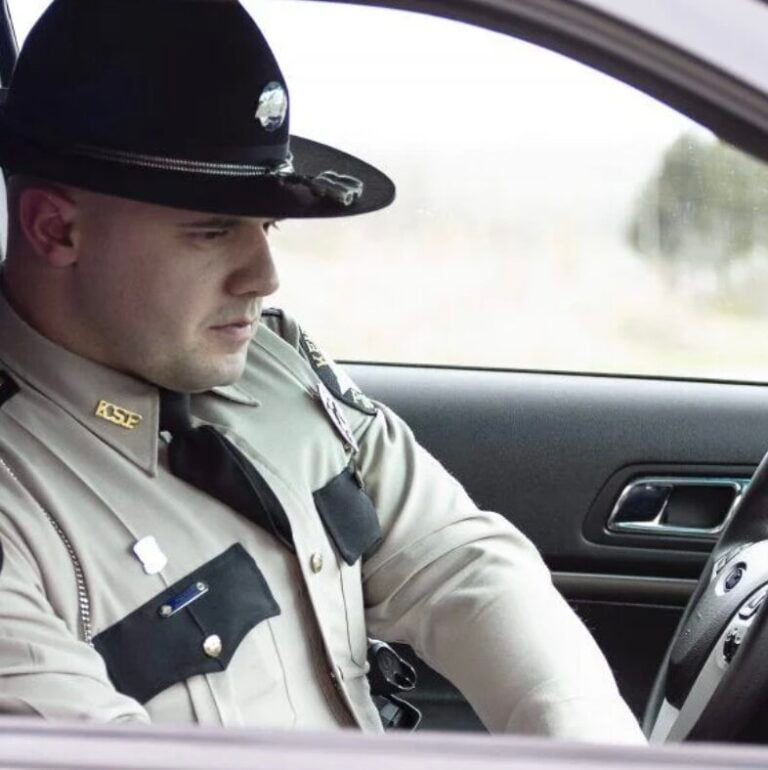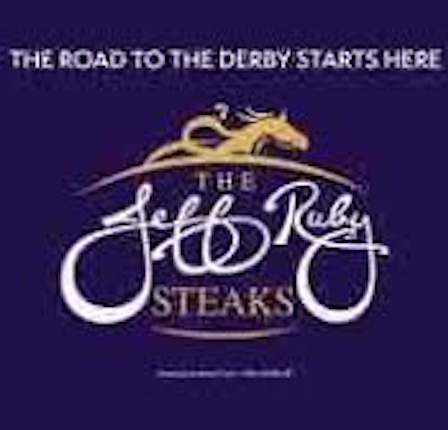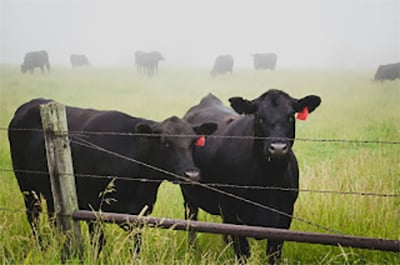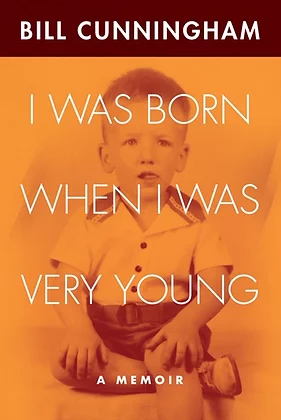Justice Bill Cunningham does not rely on shock value to engage his audience. Instead, he invites readers of his memoir — “I Was Born When I Was Very Young” — to mosey along with him at a pleasant pace as he recounts events and insights from the first fifteen years of his life, growing up in old Eddyville, a west Kentucky town being demolished to make way to Barkley Lake.
Cunningham draws us in with the first sentence of Chapter 1: “I came within one hundred yards of being born in prison.”
That terse announcement is no exaggeration The “Castle on the Cumberland,” Kentucky State Penitentiary, was ever-present in Cunningham’s life, as was the river. Growing up, Bill and his friends were on a first-name basis with some of the prison trustees. There were also a couple of inmates he called friends, with whom he shared a love of baseball.
Later in life, when Justice Cunningham served as Circuit Judge, Commonwealth Attorney, and then on the Kentucky Supreme Court, he no doubt remembered those boyhood encounters with prisoners. In a chapter about the prison, he remembers convicts he had sentenced contacting him to announce they had mended their ways. One of them, William Woolum, had “eyes wild and violent, very much like those of Charles Manson.”
Woolum, who had stabbed another inmate to death with at least 56 thrusts, eventually experienced a transformation. He was saved through a series of fortunate events, including transfer to a prison in Florida where he “found God.”
Cunningham reports, “I began to see him from time to time. We became friends. I could tell by looking at him and talking to him — he was a different person.”
“Over a lifetime of dealing with prisoners,” the judge continues, “I’ve found only three effective agents of change — religion, a good woman, and age.”
Realizations like this, always expressed with candor and laced with self-deprecating humor, enrich the memoir. One favorite story reveals wisdom Bill culled from his father’s approach to discipline. “The “crime” — committed by Bill and his pal Corky Rogers — was to untie Leland Stovall’s johnboat to see where the current would take it.
After the initial thrill of boyish mischief, Cunningham worried about the consequences and whether the boat had somehow been retrieved. At supper that night, he was relieved that the conversation was the usual back-and-forth. Until there was a lull.
His father, in a matter-of-fact tone, asked if Bill and Corky had “freed” Stovall’s boat.
After a terrified pause and an instant of guilty paralysis, Bill finally answered forthrightly. “Yes sir.”
He expected the worst, but instead his father resumed eating and conversation reverted to normal.

The Leland Stovall incident was never brought up again, but it taught Bill a memorable life lesson: “The redemptive and transforming power of truth.”
The truth can also lead to a good chuckle, or even a belly laugh, as evidenced in the chapter entitled, “The Church Hot Tub and Television.”
The church in question was Eddyville First Baptist; the event, immersion baptisms and their impact on growing boys of the congregation.
“The main feature was the baptism of young girls,” Cunningham recalls. He described the delicate, lightweight dresses girls wore, and how they primly pushed down the flowing hem when it ballooned as they descended into the water.
The miracle that happened next was a rare treat for a teenage boy. “Their clinging dresses became completely transparent,” even though ever-vigilant church ladies were on hand to cover them. Regardless of their efforts to ensure modesty, Cunningham reports, “It was the only time we’d see naked girls at church.”
Throughout the book, readers have the opportunity to chuckle, to reflect, and to become acquainted with Bill Cunningham’s early life, his family, and the people of a dying town that molded him into an admired jurist, public servant, and author. The writing style is cordial, plainspoken, with well-timed interludes about changes that have occurred since he was a boy.
The death of local papers is mourned, along with the simplicity of receiving the evening news on television through the trusted and unglamorous demeanor of Douglas Edwards. The magic of Salk Vaccine and the might of the Brooklyn dodgers are examined, and Cunningham’s invention of “sock ball,” a pastime for rural boys, is exalted. Background on both parents and his three older sisters is featured, as well as musings on race, rivers, and the cruelty of bullying.
If my father were here to read “I Was Born When I Was Very Young,” I bet he would have heaped his highest praise on Bill Cunningham as “A gentleman and a scholar and a judge of fine whiskey.”
I don’t know about the whiskey, but the other compliments ring true. The book is informative, thoughtful, and engaging as it drives home the point that the first 15 years of life give birth to who we become.
Here’s hoping a sequel about the next 15 is in the works.
Order the book through www.billcunninghamonline.com or email kuttawalanding@hotmail.com. Copies are $19.95.


















